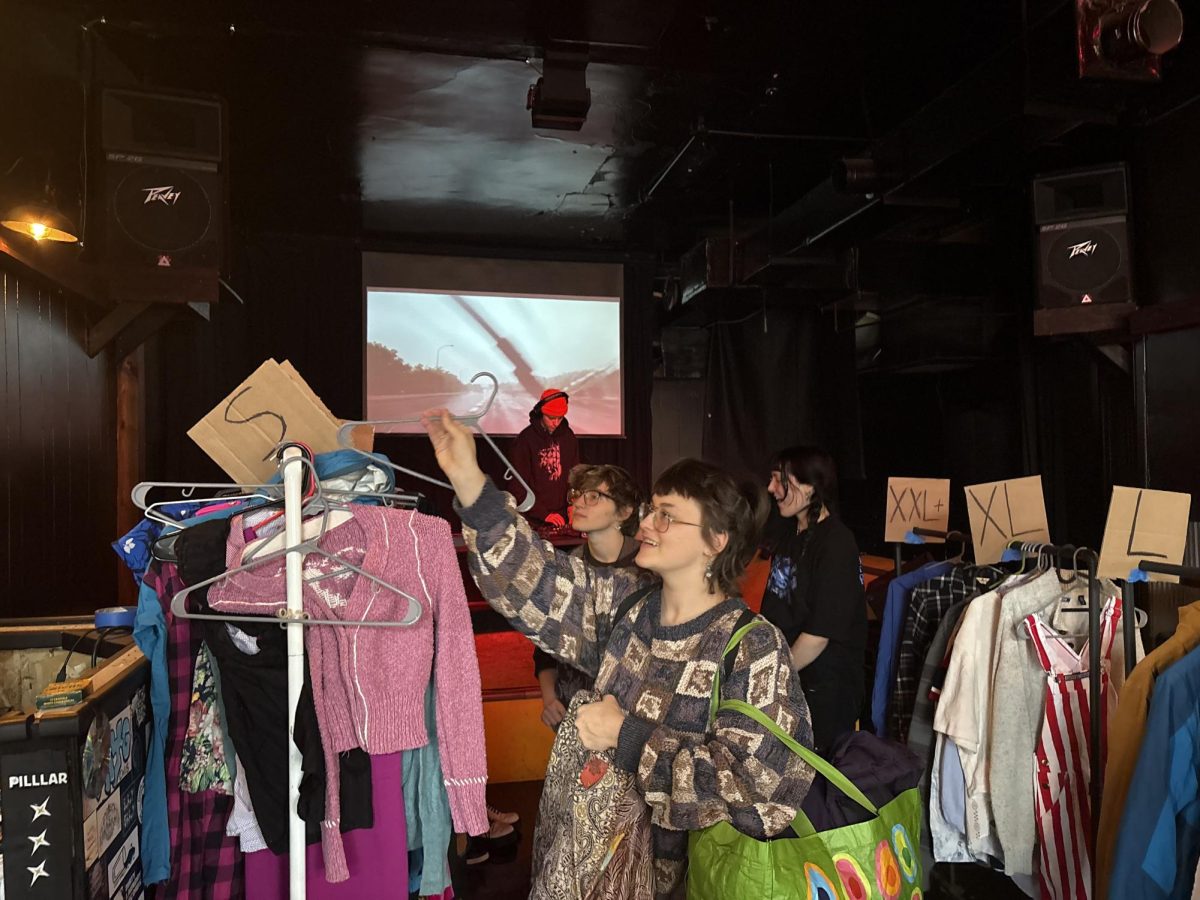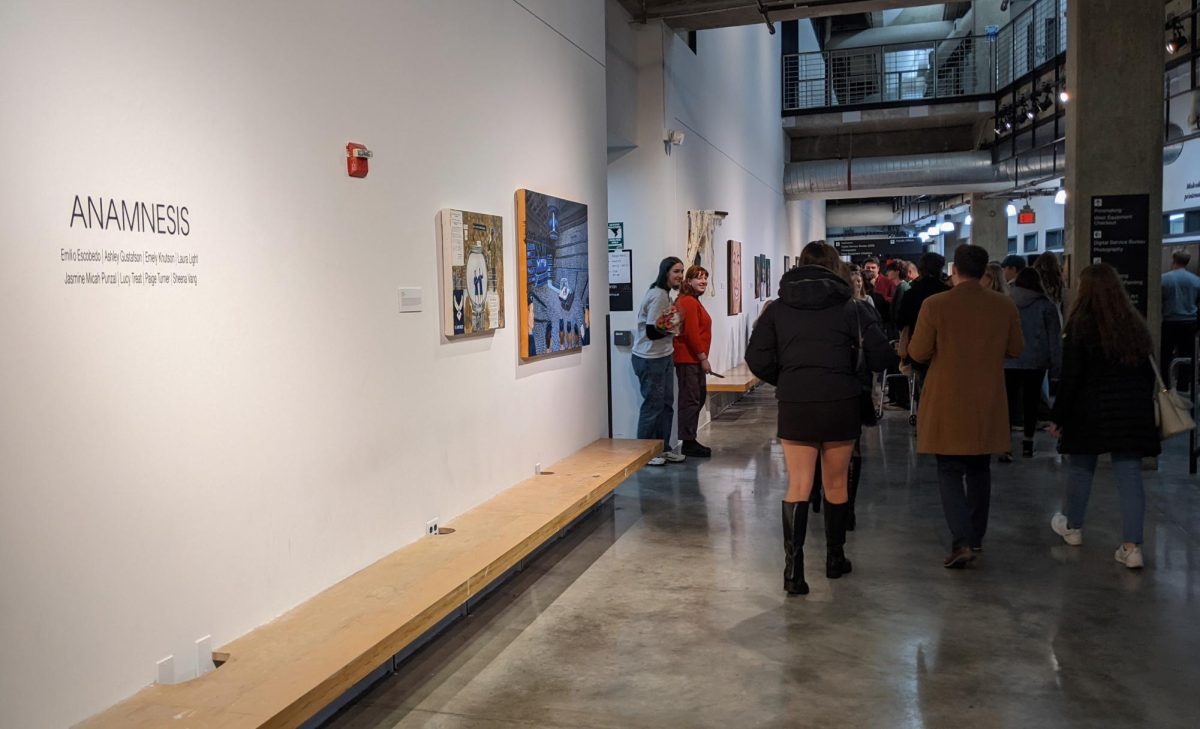Hell, death and warlords are words synonymous with home in Nuruddin Farah’s new book “Links,” a hard look into Somalia’s crisis after the fall of its military regime in 1991.
Farah, a Somalia-born writer, is one of the first Somalis (if not the first) to reach a large, global audience. He is the recipient of the Neustadt International Prize for Literature, and “Links” is his eighth novel.
Much like the main protagonist in the book, Jeebleh, Farah has kept a close eye on his beloved country from a distance, taking up permanent residence in South Africa.
“Links” uses the long awaited return home of Somali exile Jeebleh as its framework.
After 20 years in New York, Jeebleh, an exiled political prisoner, returns to Mogadishu, the capital of Somalia, only to find it utterly divided. Split between warring gangs and ethnic factions, Jeebleh becomes wholly mistrusting of the city that he remembers as somewhat peaceful (if ruled with an iron fist) and organized.
Now, banks have ceased to exist. Universities and other formal education are gone. And children play dress-up with AK-47s and shoot people for fun.
Jeebleh’s return has many aims. He seeks his old friend and political ally, Bile, while also hoping to confront his former jailer. But a number of kidnappings and Mogadishu’s all-consuming chaos leave Jeebleh and his narrative to merely chronicle this particular hell, an allusion that Farah links to Dante at many points throughout the text.
Farah uses a narrative style that is less compelling than it is evasive to catalog the misery and destitution of Mogadishu.
Sentences are elliptical and purposefully constructed in the passive voice or wholly unbalanced (sometimes to the point of ambiguity).
“Time was, when the city was so peaceful he could take a stroll at any hour of the day or night without being mugged, or harassed in any way,” one sentence reads, seemingly cut short.
But in “Links,” such devices only augment our understanding of Jeebleh’s foreign mindset and attitude. As a newcomer to this particular English, the reader begins to look forward to his vague analogies and similes.
“He looked around nervously Ö as put-upon as a babysitter asked to take on the responsibility of an absentee parent,” the narrator says.
This style can detract from the overall fluidity of “Links,” but it makes for an enjoyable experience once the tone has settled in the reader’s mind.
In any case, Farah manages to draw a brutal insider’s picture of Somalia and the impact that centuries of European and American colonial meddling have caused. Even though the terrain may be painful, Farah makes it educational and even threads hope that his homeland is changing throughout the work.







